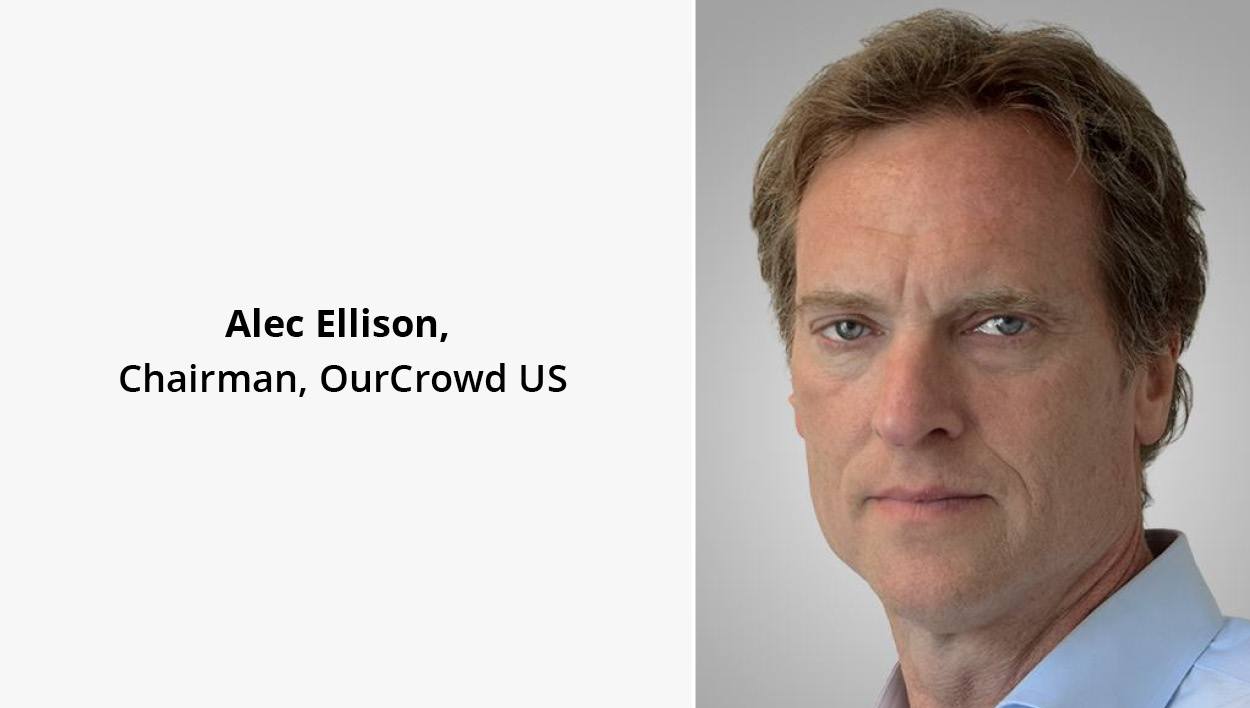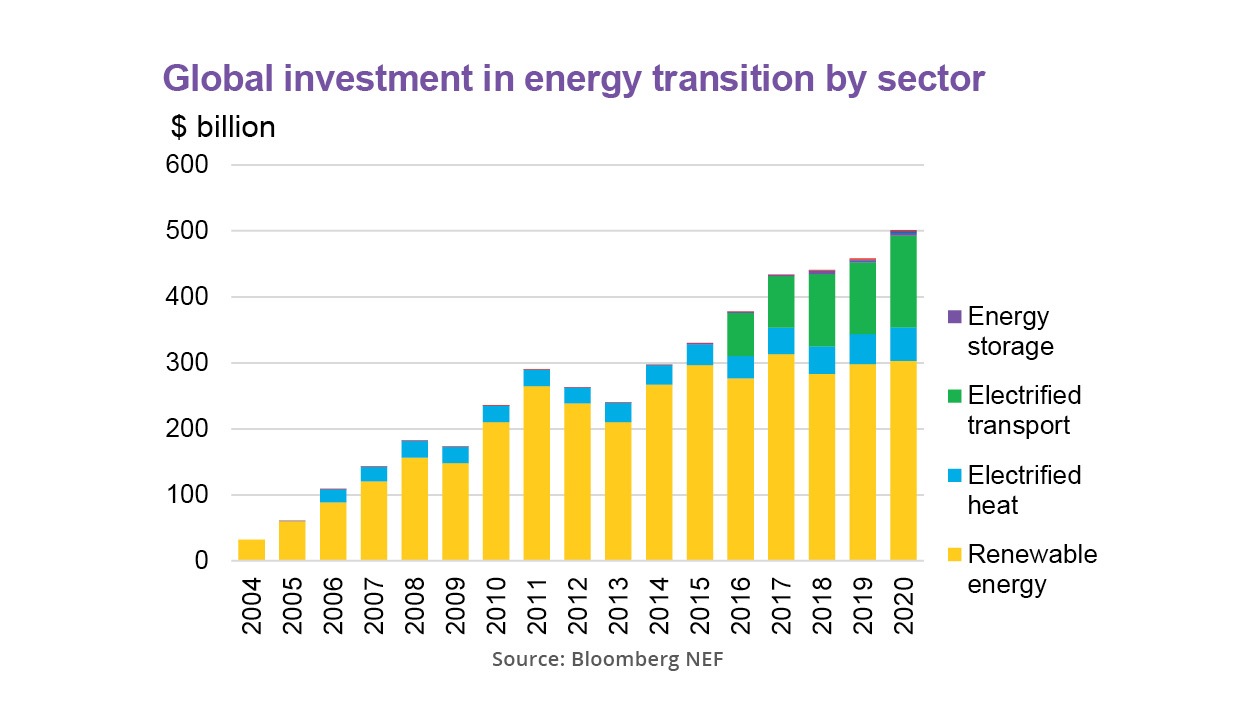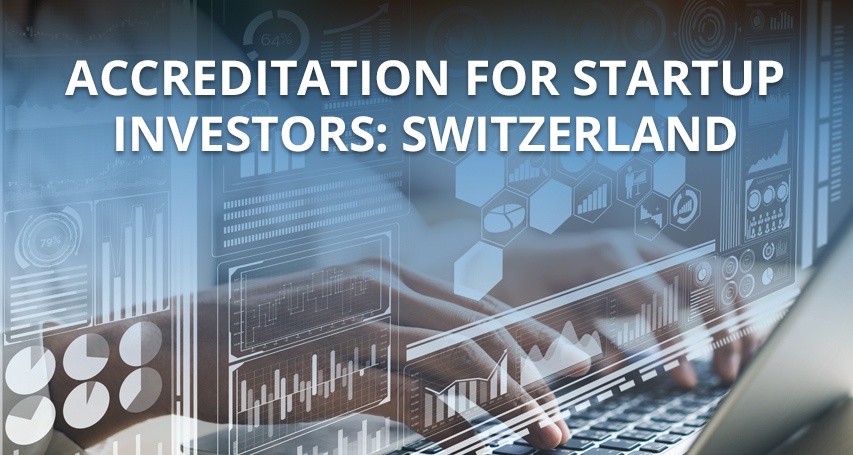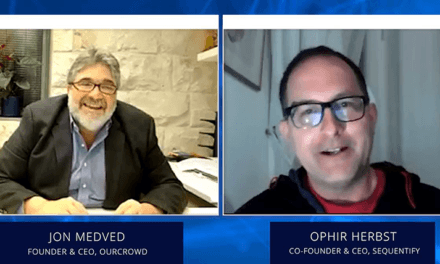By OURCROWD
“Prices in the public market are stretched, which is why one should invest earlier in a company’s development cycle.”
For 30 years, Alec Ellison helped hundreds of technology companies seal M&A deals that redefined the industry landscape. Since joining OurCrowd in 2016, he’s been putting that expertise to work to cultivate the innovation leaders of tomorrow.
“Being on the inside means you can make a bigger difference fundamentally,” says Ellison, Chairman of OurCrowd US. “You can have a greater impact on one narrow area as opposed to a limited impact on many companies. That’s why this was such an attraction to me.”
Ellison, 58, took on the role in May 2019 after three years on OurCrowd’s advisory board. He previously worked at Jefferies LLC where he was a Vice Chairman and Executive Committee member, roles he took on after leading the technology investment banking group for many years. He came to Jefferies through its acquisition of Broadview International, where he was President. Ellison, who lives in Greenwich, Connecticut, but hails from Charleston, South Carolina, and has been an active investor on OurCrowd’s platform for over five years.
Back to the Investing kitchen
“I went from eating the food to going back to the kitchen,” he says. Today, he helps mix the ingredients on OurCrowd’s menu with strategic planning and insights drawn from his extensive industry experience.
“I started in this business in 1984 at Morgan Stanley, which was the most powerful technology group on Wall Street at the time,” says Ellison, who has an MBA from Harvard Business School and a BA from Yale. It was the dawn of the modern technology era, three years after Apple went public and two years before Microsoft’s IPO. This rich historical perspective informs his diverse responsibilities leading the US business, which span from product development to investor relations to advising portfolio companies. “Much of the day-to-day is about getting on the ground, blocking and tackling to figure out how to take three yards instead of throwing the long ball,” he says.
Despite a front-row seat during decades of technological revolution, Ellison retains his enthusiasm for innovation. He is particularly excited about DailyPay, a fintech company that helps lower-wage workers tap unpaid income from employers and avoid predatory payday lenders. “This is a market that deserves to be disrupted, because of how it exploits workers,” he says. In cybersecurity, Ellison thinks BioCatch could change the way hackers and digital thieves are exposed via technology that provides behavioral biometrics, capturing how people type or move a mouse. “This is a fascinating company in which we got involved very early, and it’s a great example of what we call crowdbuilding—how our global investor base can add value. Howard Edelstein, the current Chairman and CEO, began as an OurCrowd investor who we put on BioCatch’s board.”
Riding Two Powerful Waves
OurCrowd’s ability to support companies like these is being driven by two major waves. The first, says Ellison, is an acceleration of digital technology into nearly every industry from traditional tech adopters such as financial services to the most traditional industries such as agriculture. The second wave is the massive move of capital toward alternative investments. Many institutional investors, from pensions to endowments, have understood the power of private capital investing for some time. However, the massive capital pool controlled by high-net worth investors is only now gaining greater access to the category through a platform such as OurCrowd.
The current SPAC boom is adding another dimension. “SPACs represent the democratization of private equity,” he says. “Not only does it create an exit path for our companies, but it enables people who have a personal brand and track record to create a single-company financial sponsor. That’s why I think the trend is here to stay.”
For some investors, elevated venture valuations are a concern. “The most common question we’re getting now is this: with public equity values in technology and growth clearly stretched, why should I invest in venture capital now?”
Ellison doesn’t dispute the concern but argues that avoiding private investment is the wrong conclusion. “Prices in the public market are stretched, which is why one should invest earlier in a company’s development cycle,” he says. “Valuations become more stretched later in a company’s development because the multiple becomes dominated by market factors such as near-zero interest rates. It’s not that private valuations aren’t impacted, but for early stage private companies, execution and technology risk are much more significant—and these can be effectively assessed by engaged VC investors.”
Waiting for valuations to come down is a risky strategy. “It’s always difficult to time the market,” he says, especially since there’s no guarantee that multiples will compress as the US Federal Reserve plans to keep interest rates at historical lows for several years.
First published in Prospective, quarterly perspectives on VC, technology and market trends published by OurCrowd. To join the Prospective mailing list, email prospective@ourcrowd.com.
Related:








